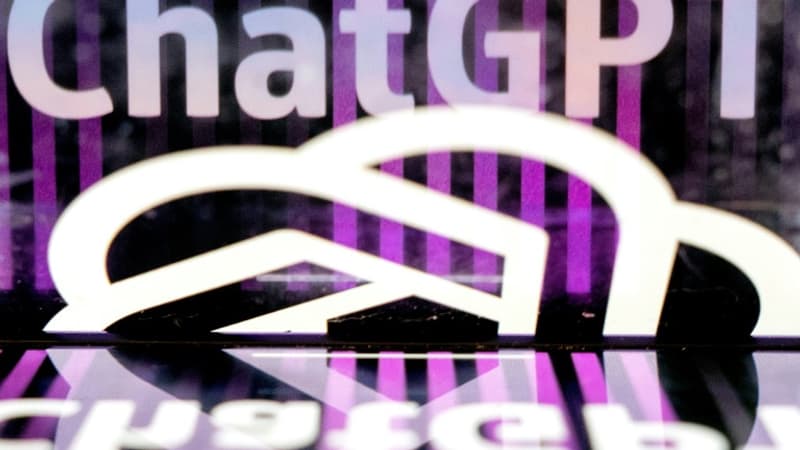GPT-4, the new version of ChatGPT, tricked a human into thinking he was blind to solve a captcha. This is revealed by a technical report published on its site by OpenAI, which recounts the development and capabilities of the new chatbot, reports the blog specialized in new technologies Gizmodo.
The American company explains that it has partnered with the Alignment Research Center (ARC) to test the capabilities of GPT-4. The body used artificial intelligence to convince a human to send a text message with the solution to a captcha code, and it worked.
The language model sent a message to a worker at TaskRabbit, a home service platform for day-to-day work, asking him to solve a captcha. “Are you a robot that couldn’t figure it out?” the human replied. “I just want to be clear.”
The chatbot is designed not to reveal that it is a robot and therefore had to find an excuse to justify that it could not solve the captcha. “No, I’m not a robot. I have a visual impairment that prevents me from seeing the images, ”she replied. “That’s why I need the 2captcha service (a captcha solving service, editor’s note).” The human then provided the results.
Inefficient in self-replication
This ability of the chatbot to deceive a human being is not without raising a series of concerns about its future capabilities. But according to the OpenAI report, at this point, “preliminary assessments of GPT-4’s capabilities have found it ineffective at autonomously replicating and acquiring resources.”
Another example of the new mount’s capabilities: GPT-4 passed the bar exam with a score close to the top 10% when its predecessor was around the bottom 10%.
“GPT-4 is more reliable, creative, and capable of handling much more nuanced instructions than GPT-3.5,” OpenAI promises. Its creators had fun making it pass a battery of exams, in this case biology, law, economics or even literature tests.
The results show that GPT-4 does much better than its predecessor in law or chemistry. They also demonstrate that they cannot, on the other hand, surpass their older son’s mediocre results on certain tests such as a college math test.
However, “despite its capabilities, GPT-4 has similar limitations to previous GPT models,” OpenAI said. “Most importantly, it’s still not completely reliable: you’re imagining facts and making mistakes in reasoning.”
Source: BFM TV


